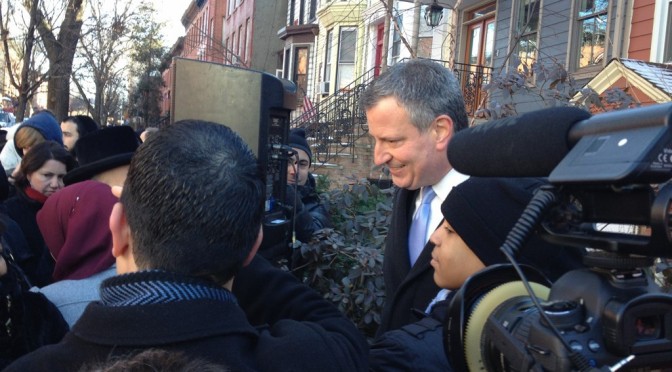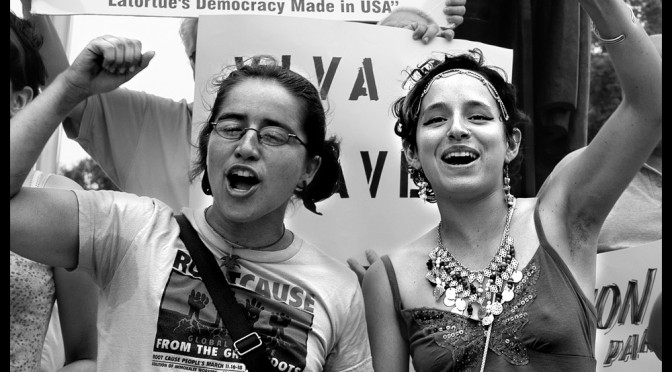Eve Baron is the Academic Program Manager of Urban Studies at The Murphy Institute
New York City Mayor de Blasio came into office on a platform to rewrite the city’s “Tale of Two Cities,” a reference to the stark and growing differences between the life chances of the city’s rich and poor. One of his first policy initiatives was focused on children—universal pre- kindergarten. Universal pre-k programs have long been seen by education advocates as critical to children’s future academic and social success, and critical to support the needs of working parents. De Blasio was successful, in that New York State Governor Cuomo agreed to a budget deal this year that would fund universal pre-k, yet the Mayor failed to reach his goal of a permanent funding stream—he was not able to persuade the state legislature to allow the city to levy higher taxes on the wealthy to pay for the program. Short of that, NYC’s pre-k programs will need to be re-funded each budget cycle. Perhaps even bigger are questions of gaining autonomy over the tax levy process—if NYC had more control, could we enact a more broadly progressive agenda—one that included pre-k and low-cost housing, after-school programs and infrastructure funding, for example?
Continue reading Progressive Urban Policy Meets Albany: 2014






